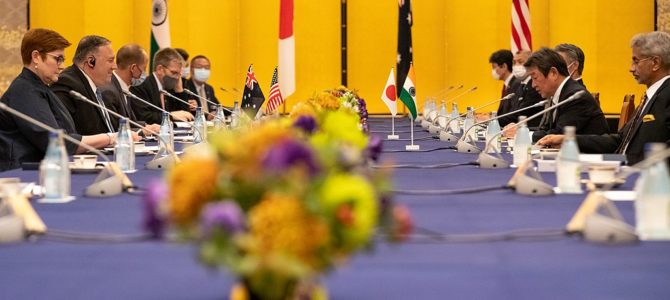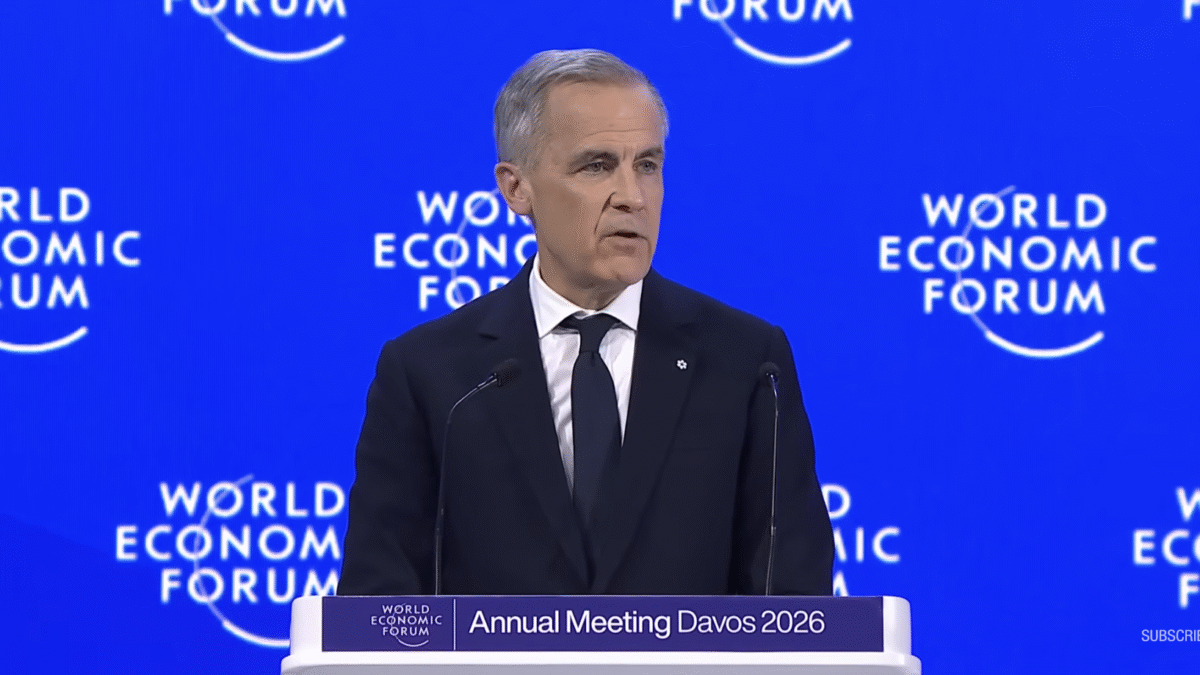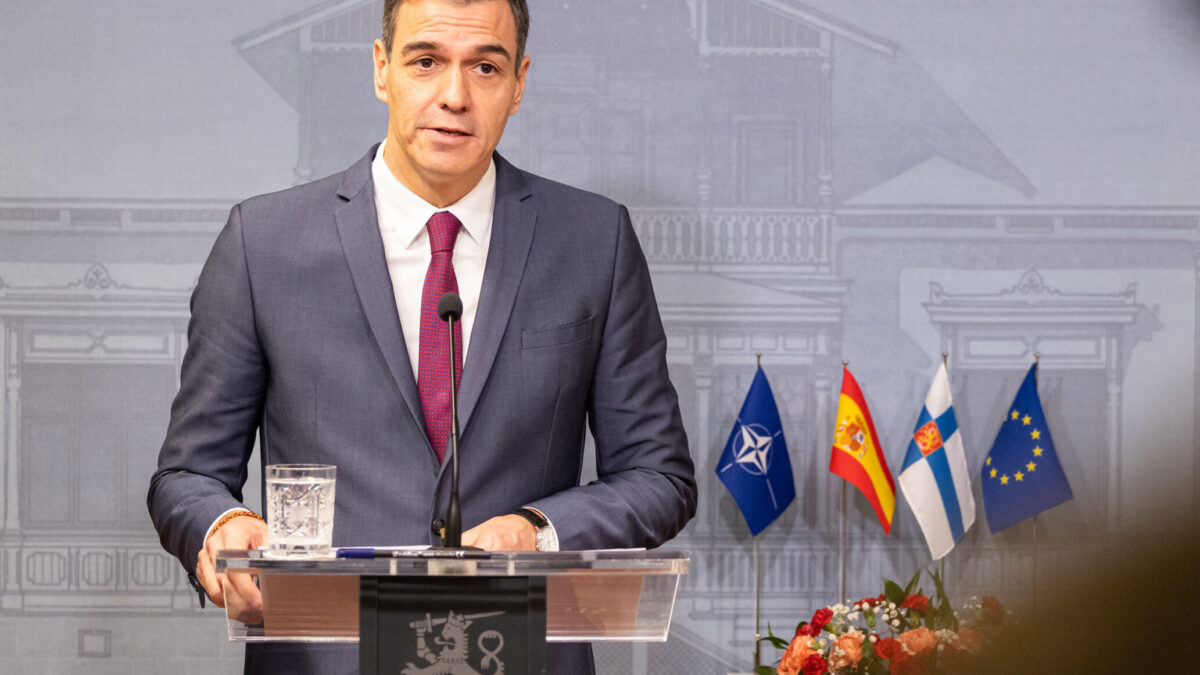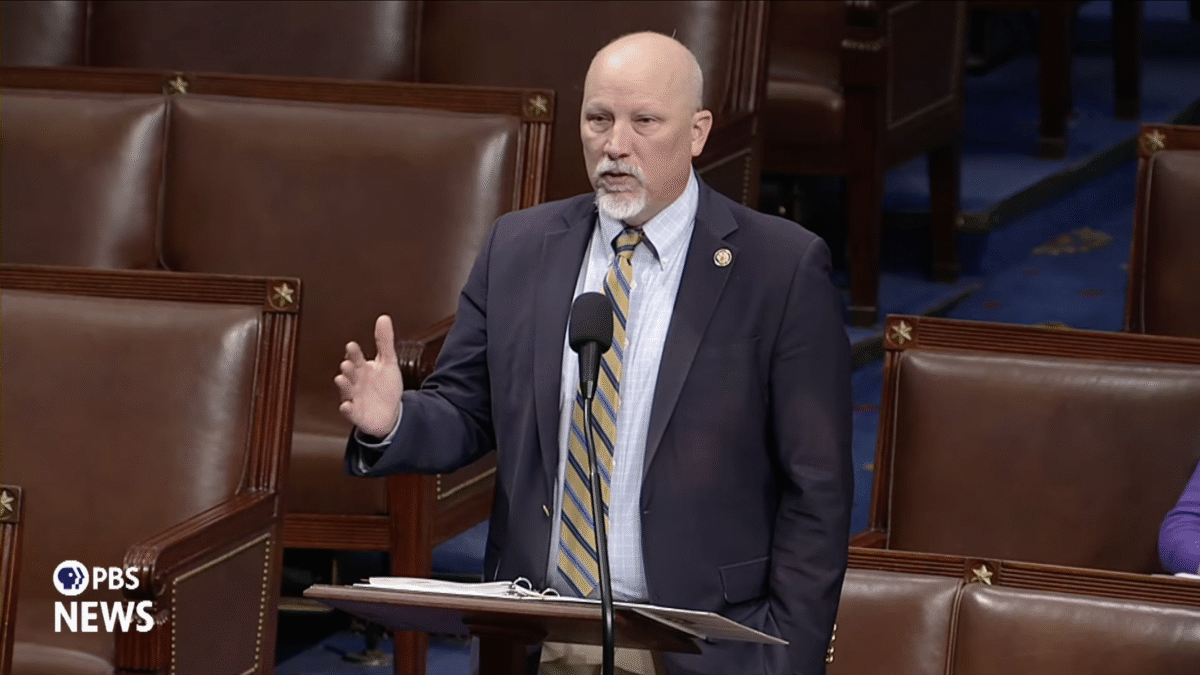
For the first time in history, the leaders of the Quad—the informal alliance of India, Japan, Australia, and the United States—met in a virtual conference, agreeing to jointly form supply chains for crucial rare earth minerals and to supply vaccines to Asian states, diminishing their dependence on Beijing.
The vaccine plan is crucial and a continuation of the Trump administration’s approach to China. As the Financial Times reports, the plan uses the competitive advantage of all the powers, from American and Japanese research and development funding to the largest vaccine manufacturing hub in India and Australian logistics: “Under the deal, the US and Japan will finance the production of the vaccine in India, while Australia will help to distribute the jabs across south-east Asia.”
India is already the manufacturer of more than 60 percent of vaccines across the globe, and Australia has enormous experience in human contact on the small island chains across Asia. So far, so good. But the Quad meetings obscure the strategic shift underway with the arrival of the Biden administration. Put simply, the Biden administration is too ideological, which might hinder needed practical alliances.
The Biden doctrine, in its fledgling state, is predicated on a crusading democracy promotion. As Biden has argued, to him the world is divided into two massive blocs of democratic and authoritarian powers. He believes it is a given that the United States will lead this so-called democratic bloc.
Unfortunately, it appears that he has miscalculated. In fact, as I argued recently, this approach might be a recipe for overreach and conflict.
American grand strategy throughout history has been to ensure that there are no hegemons on both sides of Eurasia. In that cause, the United States has opposed Germany and Japan and the Soviet Union.
Currently, the biggest U.S. challenge is China. But as the Biden administration approaches the challenge as an ideological fight between democracy and communism, China is becoming far less ideological than the USSR. Yet to deal with China would require aligning with great powers that are not democratic in the style of the United Kingdom or United States. The United States, therefore, needs to ditch the ideological crusades, and form alliances based on interests.
In the face of that, a democracy promotion strategy remains utopian, potentially resulting in the United States doing most of the heavy lifting. It is also predicated on the ideas that, one, the world will remain open, and two, countries will act according to the rules.
In reality, that has rarely been the case. Some parts of the world will never be democratic, much less liberal, and Americans shouldn’t spend blood and treasure in attempting to transform the globe.
If that is tried, the United States will bleed itself dry by a thousand cuts, as other more cynical great powers, like China and Russia, will take advantage. A better approach is to decide which regions to prioritize. Europe and the Asia Pacific, for example will fall in that category; Africa and the Middle East, not so much.
The temporary lack of great power rivals and the idea that liberalism is the end state of human affairs caused this complacence about geopolitics, but some foreign policy realists warned that this day would come, since the early 1990s. Yet overall, the DC establishment is traditionally manned by a duopoly of liberals and neoconservatives, not conservatives or realists, and both the liberal and neocons believe in a domineering foreign policy.
Their worldview includes no understanding of restraint, or priority. They see every issue similar to Europe in 1939, when the lack of serious rivals meant nations could better afford to be not serious about squandering resources, and have more confidence in their ability to shape cultures. For example, as long as the USSR was there, the West was serious in managing resources, and it is unthinkable that we’d have gone to spread women’s rights in Afghanistan and wasted more than $6 trillion.
Thus, the lack of a rival has resulted in stupid wars in parts of the globe that are historically, culturally, and socially different. Yet to admit that would be to admit that geography shapes history and that values are not universal, a taboo in liberal circles.
Realism in foreign policy dictates a non-ideological foreign policy. But the Biden administration’s push to promote a muscular “technocratic liberalism” in the name of democracy, including the promotion of transgender rights and critical race theory, has ostracized some East Euro countries, as well as even France. It also has the potential to antagonize India, the biggest nuclear and democratic ally in Asia with a very conservative society.
Likewise, it will result in the United States doubling down about staying in Afghanistan, resulting in trillions of dollars more spent to attempt to uphold women’s rights in semi-feudal regions that don’t believe in such a thing. Such money could be better spent on rebuilding the domestic infrastructure and institutions within the United States, fund a border wall in the south, and balance China.
Tucker Carlson recently came under fire for criticizing a feminized military. His sentiment might be expressed crudely, but he is correct in his facts. Foreign policy and military units aren’t nonprofit organizations or social clubs for utopian ideas and social engineering experiments. As the Biden administration comes out with lofty statements about transgender rights in the military and pregnant women in combat flight suits, China has installed a regime-promoted doctrine of promoting masculine virtues and crushing effete morality.
As Biden talks of liberal-democracy promotion, he is losing the chance to align with conservative great powers that oppose China. The Chinese navy is currently the largest in the world. We have forgotten how incomparably brutal and merciless even a limited great power conflict theater might look like. Unless there is an urgent course-correction, the United States soon will be reminded about that harshly.









